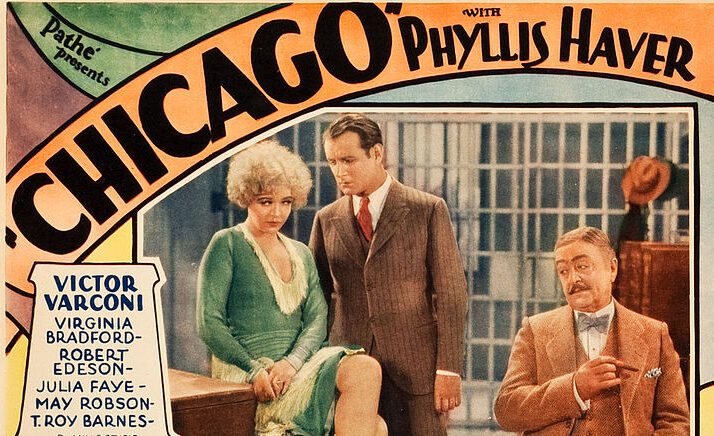Chicago Husband-Killing and the New Unwritten Law
Marianne Constable
Rhetoric
UC Berkeley
Contrary to received wisdom, even before Illinois allowed women on juries, all-male coroner’s juries, grand juries, and trial juries in Chicago exonerated most wives who killed their husbands. Those convicted appealed successfully or received pardons or commuted sentences. Newspapers in the 1910s and 1920s expressed growing unease over the protective veil cast by a “new unwritten law” that allowed Chicago women to kill with impunity. What was the new unwritten law? And how can one write a history of something unwritten? This book shows, first, how “new unwritten law” referred to a variety of practices surrounding some 275, pre1931 cases of women who allegedly killed their partners. “New unwritten law” referred to temporary insanity, to “battered woman syndrome” before its time, to official laws of self-defense, to female analogues to male “old unwritten law” (or honor defenses), and to jury nullification. The book also challenges ideas about law and history, insofar as both rely on writings for authority and evidence. In practices of “new unwritten law,” imperfect and incompletely articulated knowledges of law came to articulation in formal legal speech acts of exoneration or acquittal that, in some ways paradoxically, reinforced the legitimacy of official, written law.

